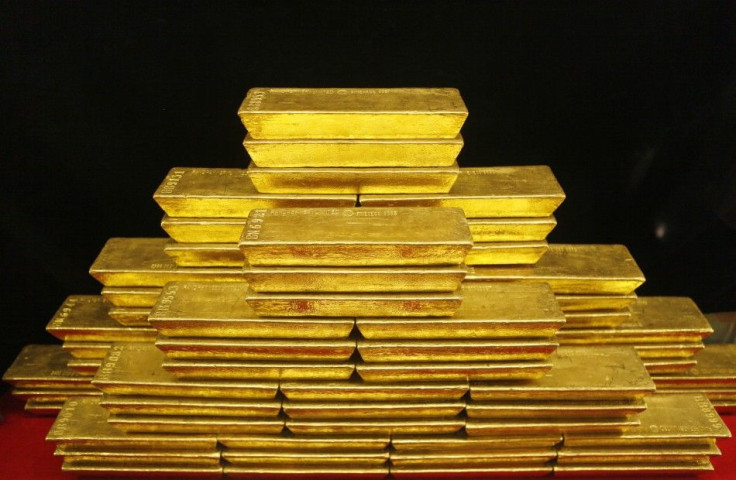Harmony sees no threat from PNG ownership

The CEO of Harmony Gold, the world's fifth largest gold producer, said reported plans to shift mineral ownership in Papua New Guinea to local communities from the state would complicate negotiations but nationalisation was not being discussed.
Graham Briggs also told Reuters in a phone interview that the government had signalled its intent to buy up to 30 percent of its promising Wafi-Golpu project, a joint venture with Australia's Newcrest, but that would depend on its ability to pay for such a stake.
Briggs was talking after reports emerged last week that the government there was planning major changes to mine ownership rules with a move to local communities, a policy switch being driven by the country's mines minister Byron Chan.
That took 5 percent off Harmony's share price on Friday but it was on the rebound on Monday, adding 3.6 percent by midday.
Instead of negotiating with one central bureaucracy that controls these things in the state, you (would) now have to deal with a whole myriad of others. There are ... probably 800 different landowner groupings, and therefore you can imagine how complex negotiations would be, Briggs said.
It's a little bit worrying how the process would be taken forward if this were to happen. It becomes cumbersome, he said.
Briggs also said such signals could be aimed at voters ahead of general elections scheduled for next year.
This is also about a bit of getting the communities to take note of what the stances are of the various politicians going forward. I don't see it as a threat, he said.
He added that the majority of Papua New Guinea's GDP depended on mineral resources.
I don't think the government is going to do anything foolish to upset the whole mineral resources sector.
NOT NATIONALISATION
Analysts have said the talk swirling in trading rooms last week included nationalisation, which has investors jittery because of a drive on that front by radical elements of South Africa's ruling African National Congress.
We are not talking about nationalisation or anything. We are talking about a shift from the state to the local communities, Briggs said.
This is ... more about local community type of participation in mineral rights, he said.
The government has the option to take a stake of up to 30 percent in any mine, and Briggs said it had signaled it would like to do that for Wafi-Golpu, but that would depend on its finances.
You can always give intent, but do you have the money to do it? The estimates at the moment are that we will be busy with the studies for another three years, he said, adding that that was when the government could step in and buy a stake.
I don't know what the predictions of the government finances are in three years' time, Briggs said.
It is also unclear who will be in charge of the politically unstable country in three years' time.
Harmony is investing heavily in the country, and its Wafi-Golpu project and its Hidden Valley mine there -- both of which it shares 50/50 with Newcrest -- are seen as key to its growth and vital to diversifying its revenues out of South Africa.
The company has said Wafi-Golpu could eventually produce 300,000 to 700,000 ounces of gold a year and also has promising copper potential, and Harmony will need to spend between $1.5 billion and $2 billion to develop its share of the project.
Briggs said if the government bought into the mine it would also have to pay 30 percent of the project's development costs.
© Copyright Thomson Reuters {{Year}}. All rights reserved.





















